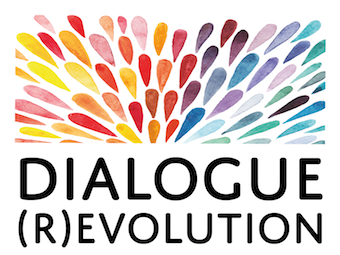
Dr Iseult Twamley is a Clinical Psychologist and Open Dialogue Trainer/Supervisor. She is Clinical Lead of the Irish Open Dialogue implementation in West Cork, which she initiated with a successful implementation grant. Since 2012 she and the team there have been implementing Open Dialogue as part of the Adult Mental Health Service, initially as a pilot and since 2015 as a routine mental health care pathway. This project has been very well received by service users and families and described as “transformative” by staff involved.
Iseult participated in the first international Open Dialogue 3 Year Training (based on the Finnish model) where she was trained as a Trainer. She has since been involved in Open Dialogue training and supervision in the UK, Italy, Australia, and Switzerland. She designed and led the Irish Open Dialogue training and created dialogic workshops for non-OD mental health staff. With Rai Waddingham as part of the Dialogue (R)evolution collaborative she has designed and lead the Open Dialogue Training in Israel. She is also a trainer and supervisor on the ODUK Three-year Open Dialogue Training.
Iseult has been involved in Psychotherapy and Clinical Psychology Training as a lecturer and supervisor since 2005, teaching/supervising for University College London, University of Cardiff, Dublin City University, University of Limerick, University College Dublin, NUI Galway and currently she is an adjunct lecturer at University College Cork. She is a founder member of the Irish Critical Psychology network. As part of the Open Dialogue project she is co-leading a Research Collaboration with University College Cork, supervising two completed Masters theses and two Doctoral theses to date and with another Masters and two Doctorate theses in preparation.
As a family member and trauma survivor herself Iseult is passionate about approaches to mental health that address collaborative and co-productive practices. She credits her involvement with the Hearing Voices Network and trialogues as challenging her previous ‘education’ and ethics and continues to seek opportunities to hear and learn from nonprofessional sources of wisdom. Her experience in Ireland has given her a particular interest in supporting Open Dialogue implementations in their specific context and culture and exploring innovative ways to cocreate dialogice spaces in mental health services and communities.
